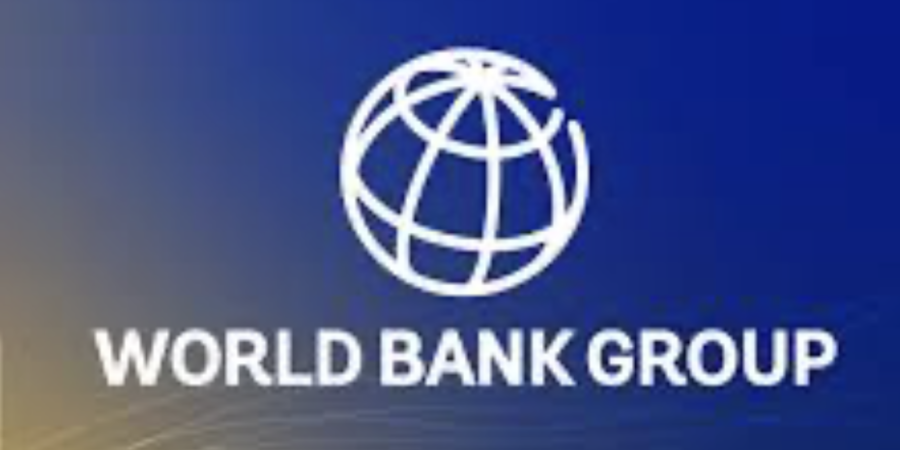The World Bank Group Board of Executive Directors endorsed today a new Country Partnership Framework (CPF) for Panama. This partnership, for the period 2024-2028, lays out key areas of action to support job creation, diversify the economy, promote inclusion, strengthen basic service delivery and human capital, and enhance resilience to natural shocks and climate change.
To foster job creation, the strategy aims to promote access to finance for small and medium-sized enterprises, particularly women entrepreneurs. It will also strengthen public investment management and financial systems, as well as promote partnerships to mobilize private investments in infrastructure. Inclusion is at the center of these efforts. The framework puts a special focus on strengthening public institutions and creating opportunities for women, indigenous groups, Afro-Panamanians, and other vulnerable populations.
To strengthen Panama’s human development, the strategy seeks to strengthen Panama’s human capital and address learning losses heightened by the Covid-19 pandemic. It also aims to modernize health systems and safety nets, promoting the use of digital technologies to facilitate indigenous communities and other vulnerable populations’ access to basic services.
Additionally, the framework will continue assisting Panama’s efforts to enhance its resilience to natural shocks and climate change through adaptation and mitigation measures. It will support the transition to more efficient and decarbonized sources of energy, promoting efforts to conserve and sustainably manage natural capital. This includes assistance to the Panama Canal’s climate strategy and increasing the adoption of biodiversity-friendly farming and land-use practices in rural areas.
“This strategy reflects our strong dialogue with the authorities and consultations with a broad range of actors and stakeholders in the country to validate how the World Bank Group can be most impactful in Panama,” said Michel Kerf, Director for Central America and the Dominican Republic at the World Bank. “We are committed to help the country maintain its impressive growth trajectory while improving basic service delivery—to make these more inclusive and equitable for the benefit of all Panamanians.
“Private sector solutions are crucial to enhance productivity and inclusion in Panama,” said Sanaa Abouzaid, Regional Manager for Central America at the International Finance Corporation (IFC), the private sector arm of the World Bank Group. “Through our investment and advisory services, IFC will continue supporting financial inclusion, with a focus on women-owned enterprises; addressing critical infrastructure needs, including through Public-Private Partnerships (PPPs); and bolstering resilience and sustainability.”
“It should be noted that in the period 2019-2024, the National Government made great advances with the World Bank as a strategic partner in the socio-economic development of the country. In this sense, the National Government will lay the foundations for new development actions, economic growth, financial stability, and private and foreign investment assurance for 2024-2028. The united efforts of Panama with the World Bank, as a strategic partner, will allow the country to establish new growth and development challenges for the period 2024-2028” said Hector Alexander, Minister of Economy and Finance of the Republic of Panama.
This Partnership Framework was prepared by the institutions that make up the World Bank Group, including the International Bank of Reconstruction and Development (IBRD), the International Finance Corporation (IFC), and the Multilateral Investment Guarantee Agency (MIGA). It is based on a comprehensive analysis of the country’s development challenges and consultations with the government, the private sector, civil society and other development partners.
In Panama, IBRD has an active portfolio of 9 operations focusing on infrastructure, human capital development, governance, climate resilience and adaptation, and sustainable rural development, totaling US$503 million. IFC’s portfolio in the country stands at US$359 million across 9 projects, which include initiatives to promote affordable housing for women and to offer loans to women-owned businesses, as well as engagements in the infrastructure space, in particular support to the Panama Canal. MIGA has a portfolio of US$670 million across three projects, focused on transportation and financial inclusion, including small and medium-sized enterprises and social housing.
